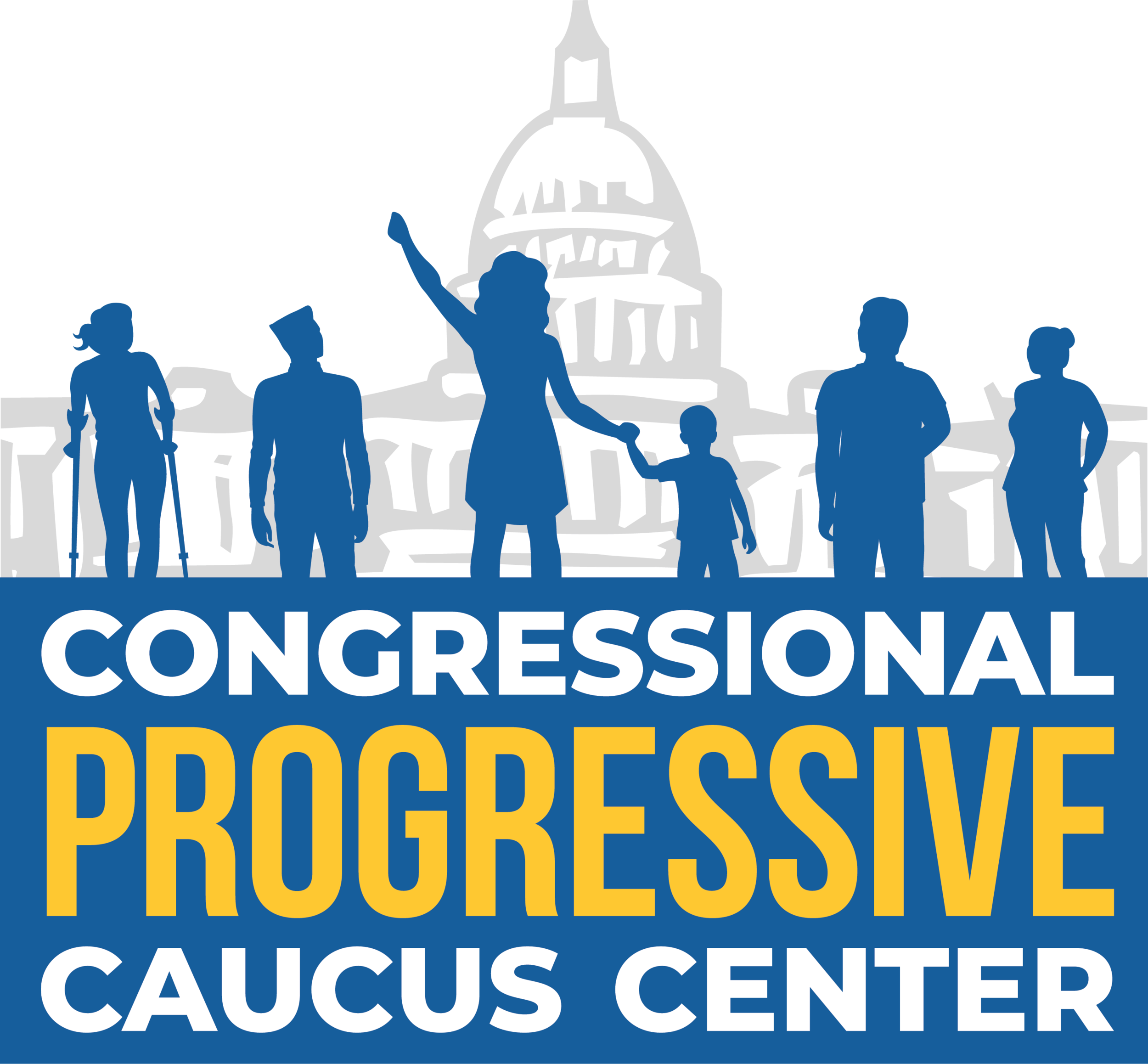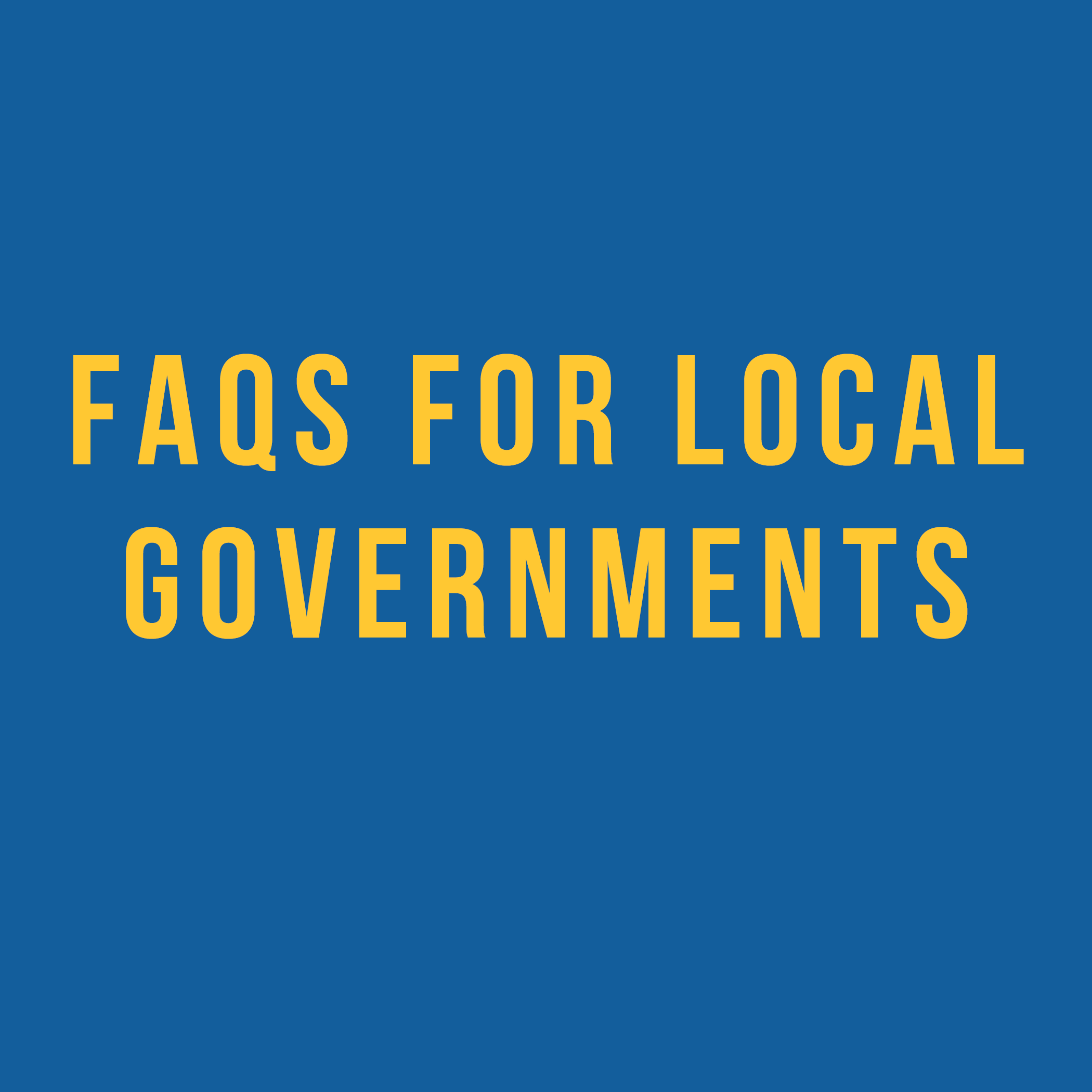Building Jobs & Sustainable Public Energy In Local Communities
The Inflation Reduction Act (IRA) created historic opportunities to expand energy democracy, build clean, publicly owned energy, invest in our communities, and create good, green, union jobs. Sign up here for updates on new tools and resources to help your community seize this opportunity.
CPC Center’s new clean energy program is dedicated to supporting the communities who want to seize this opportunity. We’re providing the analysis, training, resources and tools that local champions and community organizers need to take action. One of the IRA’s most important provisions allows for tax-exempt entities like local governments, counties, cities, churches, schools, hospitals, public utilities, and community groups to apply for direct funding to deploy renewable energy projects.
Tax-exempt entities who built qualifying projects in 2023 may be eligible for cash NOW! Download our flyer and make sure your community doesn’t leave money on the table!
Resources and Tools
Educational Webinars on IRA Direct Pay
For the first time ever, the federal government will pay tax-exempt entities like local governments, Tribal governments, houses of worship, schools, hospitals, public housing administrators, public utilities, and community organizations to build sustainable energy projects like solar, wind or electric vehicle charging stations through the Direct Pay program in the Inflation Reduction Act. Watch our webinar to learn more.
In 2024, state policymakers have a historic chance to jumpstart clean, publicly owned energy and good green jobs by making the most of funds available through the Direct Pay program. Co-hosted by the State Innovation Exchange (SiX) and the Congressional Progressive Caucus Center (CPCC), this briefing will show state champions how they can bring Direct Pay to their communities.
The CPC Center provides robust Technical Assistance in a variety of capacities. Those include:
General intake and needs assessment for your project: Fill out our intake form as a first step.
Education: We help entities and community groups understand how Direct Pay tax credits work and assess the tools they need for project success. We also conduct educational briefings and presentations for organizations who want to inform their community about Direct Pay.
Campaign strategy: We support grassroots groups advocating for clean energy projects in their communities with campaign strategy, organizing strategy, campaign materials, and other support.
Project financing ideas: While we do not provide financing, we can help eligible entities navigate financing options and direct them toward potential grants or other funding opportunities.
Labor requirement compliance and high-road labor standards: We help entities understand the labor requirements and find union partners.
Policy support: We provide policy ideas for public officials interested in best practice models to support access to direct pay through resolutions, revolving loan funds, grant funds, local technical assistance programs, and more.
Referrals: We provide referrals to our network of partners who specialize in legal support, best labor practices, and more. Contact us at directpay@progressivecaucuscenter.org for more information on our referral partners.
The information and resources on this website and the technical assistance services are provided as a public service. CPC Center updates the website as frequently as possible but assumes no responsibility or liability for any errors or omissions in the content of this site or the technical assistance services. If you want more information, please also refer to the IRS website at: https://www.irs.gov/credits-deductions/elective-pay-and-transferability
-
The information contained on our website has been prepared by staff at the CPC Center. The information should not be regarded as rendering legal advice to any person or entity. It reflects the CPC Center’s understanding of various subjects and is intended as general background information, not to serve as legal advice based on the specific facts of any particular organization or circumstances or as a legal opinion. It is not privileged and does not create an attorney-client relationship and you should not act, or refrain from acting, based upon any information provided. In addition, the information contained on this website may not be comprehensive or reflect the most current legal developments on any particular issue.The information is not a substitute for advice from qualified counsel and we recommend that counsel should be consulted for legal advice.
For articles posted on the website, the articles are designed to give general information on the developments covered, not to serve as legal advice related to specific situations or as a legal opinion. Counsel should be consulted for legal advice.











